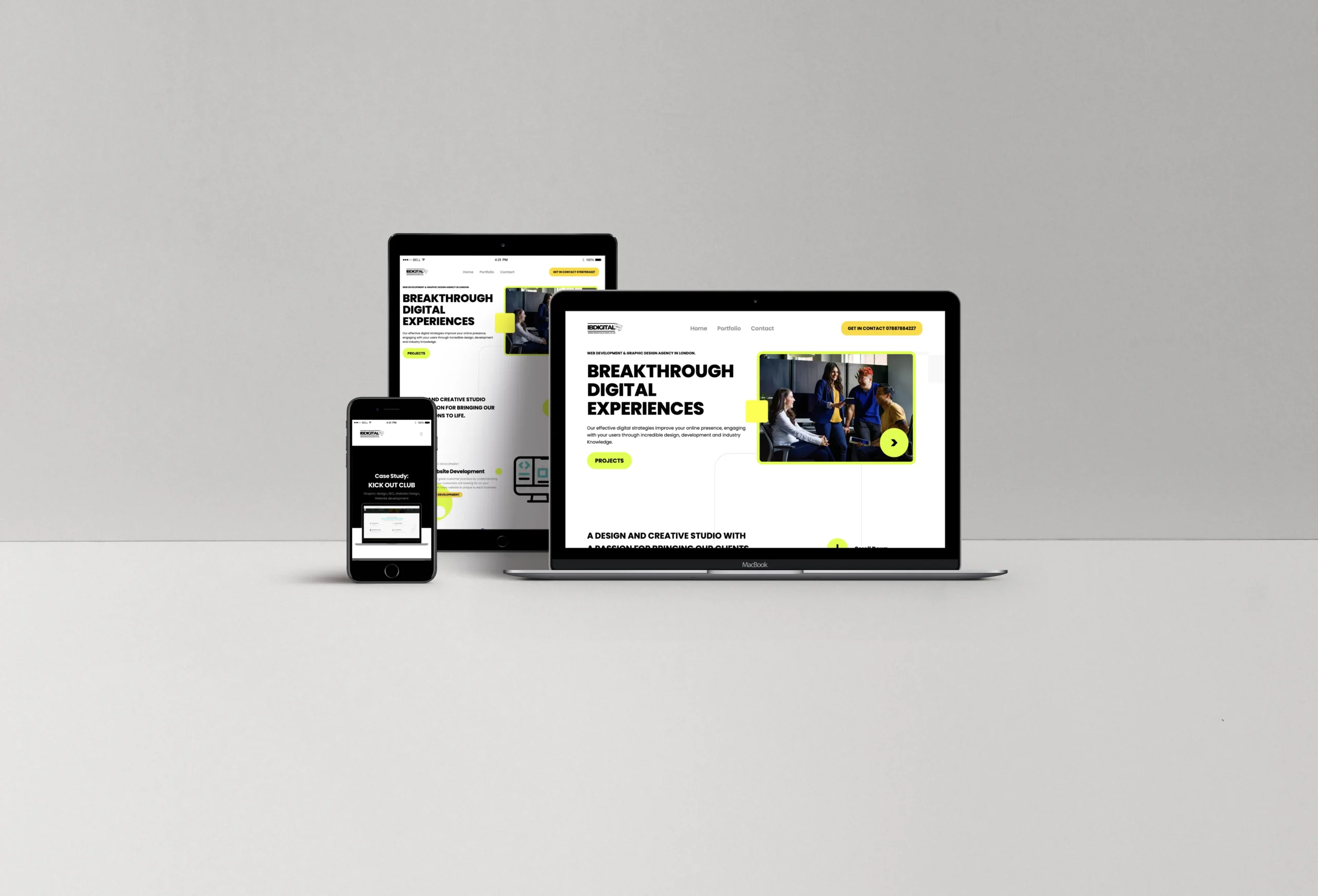
In the ever-expanding digital world, it’s easy to get tangled in jargon. One of the most common debates among tech enthusiasts and business owners alike is: website vs web application. Aren’t they basically the same thing? (Spoiler: No.) To the untrained eye, they may look similar – both live on the internet and are accessed through a browser – but the way they work is as different as tea and coffee. Sure, they might share some traits, but they’re brewed for entirely different purposes.
Let’s dive into the fun-filled world of website vs web application and figure out which one’s right for your needs – without any code-induced headaches.
What Is a Website?
A website is your online brochure, your digital front door, your 24/7 spokesperson. Think of it as the friendly shopkeeper of the internet, always available to greet visitors, showcase your products, and share information.
Key Features of a Website:
- Content Delivery: Websites focus on providing static or semi-dynamic content like blogs, service descriptions, or company information.
- Ease of Use: They’re simple to navigate – click here, read that, and maybe fill out a contact form.
- Limited Interaction: Apart from submitting forms or subscribing to a newsletter, user engagement is relatively basic.
- Examples: Blogs (like WordPress sites), e-commerce storefronts, and informational sites (BBC News, for instance).
Platforms to Build a Website:
- WordPress: The go-to choice for blogs, small business sites, and news outlets.
- Squarespace: Perfect for creating visually appealing portfolios or personal websites.
- Wix: An easy-to-use drag-and-drop website builder ideal for small businesses.
- Shopify: The heavyweight champ for e-commerce sites.
Websites are the bread and butter of the internet – simple, versatile, and perfect for anyone who needs an online presence without too many bells and whistles.
What Is a Web Application?
A web application is the cool cousin of a website – slick, interactive, and functional. Unlike a website, a web app doesn’t just present information; it processes it. Think of web apps as your tech-savvy barista who not only serves your coffee but also remembers your order, offers suggestions, and lets you pay via your phone.
Key Features of a Web Application:
- High Interactivity: Users engage directly with the app to perform tasks like logging in, managing data, or even playing games.
- Dynamic Content: Web apps are constantly updating based on user input.
- Backend Processing: They rely heavily on servers and databases to provide their functionality.
- Examples: Gmail, Google Docs, Facebook, and your favourite online banking app.
Technologies to Build a Web Application:
- React.js: A JavaScript library for building highly dynamic user interfaces.
- Angular: A framework ideal for building scalable web apps.
- Django: A Python-based framework for creating robust web apps.
- Node.js: Perfect for building the backend of web apps that need to handle real-time data.
Web apps are powerhouses of the internet, designed to not just inform but actively do something. They’re essential for businesses that require high user engagement and functionality.
Website vs Web Application: What’s the Difference?
Now let’s cut to the chase: website vs web application boils down to one key distinction – interaction. Websites focus on delivering information, while web apps take things a step further by allowing users to do something with that information.
| Feature | Website | Web Application |
|---|---|---|
| Purpose | Display information | Perform tasks |
| User Interaction | Minimal | High |
| Technology | Basic front-end (HTML, CSS) | Front-end + backend (React, Node.js) |
| Examples | Blog, Portfolio | Gmail, Facebook |
While both have their place in the digital ecosystem, deciding between them depends on what you want to achieve. If you just want to showcase your services or share content, a website will do the job beautifully. But if you need to provide functionality – like a customer portal or interactive tools – it’s time to look at web applications.
SEO for Website vs Web Application
Both websites and web applications need SEO, but their strategies differ.
Websites
- Content is King: Blogging, keywords, and regular updates are crucial.
- Optimise Metadata: Titles, meta descriptions, and headers need to be keyword-rich.
- Focus on Backlinks: Build authority by getting links from credible sources.
Web Applications
- Index Dynamic Pages: Ensure that the app’s dynamic content can be crawled by search engines.
- Page Speed Matters: Web apps are often resource-heavy, so speed optimisation is critical.
- Mobile SEO: Many users access web apps on mobile, so responsive design and mobile-first indexing are essential.
When to Choose Which?
- Go for a Website if:
You need an online presence to share information, showcase a portfolio, or run a blog. It’s cost-effective, easy to maintain, and straightforward to build. - Opt for a Web Application if:
You require functionality like logins, user dashboards, or real-time interactivity. Web apps are a more complex but powerful choice for businesses that thrive on user engagement.
Wrapping Up: Website vs Web Application
At the end of the day, the website vs web application debate is less about which is “better” and more about what suits your needs. Websites are the classic choice for spreading information far and wide, while web apps bring innovation and interaction to the table. Whichever you choose, make sure it’s designed with your audience in mind, optimised for search engines, and sprinkled with a touch of personality.
Now, go forth and build something awesome – whether it’s a website, a web application, or a combination of both!







